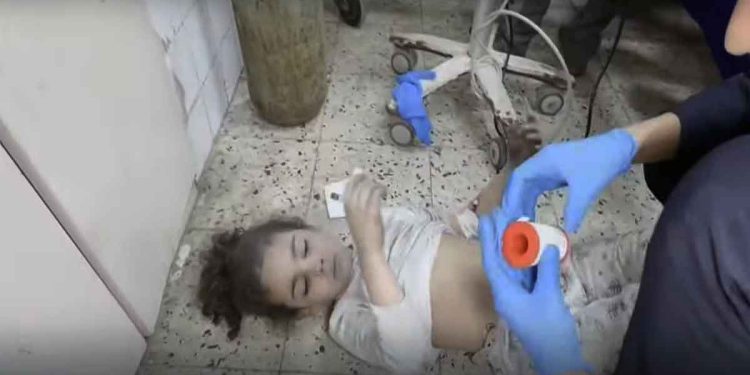The President of the International Committee of the Red Cross (ICRC), Mirjana Spoljaric Egger, has described the humanitarian crisis in Gaza as “hell on earth,” warning that the organisation’s field hospital may be forced to shut down within two weeks due to a critical shortage of supplies.
Speaking from the ICRC headquarters in Geneva, Spoljaric said access to basic necessities such as water, electricity, and food has become impossible in many areas of the besieged territory. Medical and logistical supplies are running dangerously low, severely limiting the Red Cross’s ability to deliver life-saving healthcare.
The World Health Organization (WHO) has echoed these concerns, stating that Gaza’s healthcare system is on the brink of collapse. Only 22 of the territory’s 36 hospitals remain minimally operational, amid severe shortages of antibiotics and blood supplies.
Richard Peeperkorn, WHO representative in the occupied Palestinian territories, warned that the health sector is under “unprecedented pressure,” threatening the lives of thousands of wounded and sick individuals.
The ongoing blockade and the targeting of civilian infrastructure and medical teams have raised alarm among international observers. Human rights experts say these actions amount to collective punishment, prohibited under Article 33 of the Fourth Geneva Convention. The deliberate obstruction of humanitarian aid could also constitute a war crime under international law.
Spoljaric also expressed grave concern for the safety of medical and humanitarian staff, stating that movement within Gaza has become extremely dangerous, further hampering efforts to reach those in urgent need.
Humanitarian organisations are calling for the immediate establishment of safe and sustained aid corridors, protection of hospitals from attacks, and an independent investigation into alleged violations against civilians and relief efforts.
“This is no longer a humanitarian crisis alone—it is a catastrophe threatening the core of human dignity,” said Spoljaric. “The international community must act now. Delay and silence risk complicity.”
Over two million people in Gaza remain trapped under siege, facing escalating hunger, displacement, and a crumbling health system. Aid groups and legal experts warn that urgent political and legal action is needed to prevent further loss of life and uphold international humanitarian obligations.


























